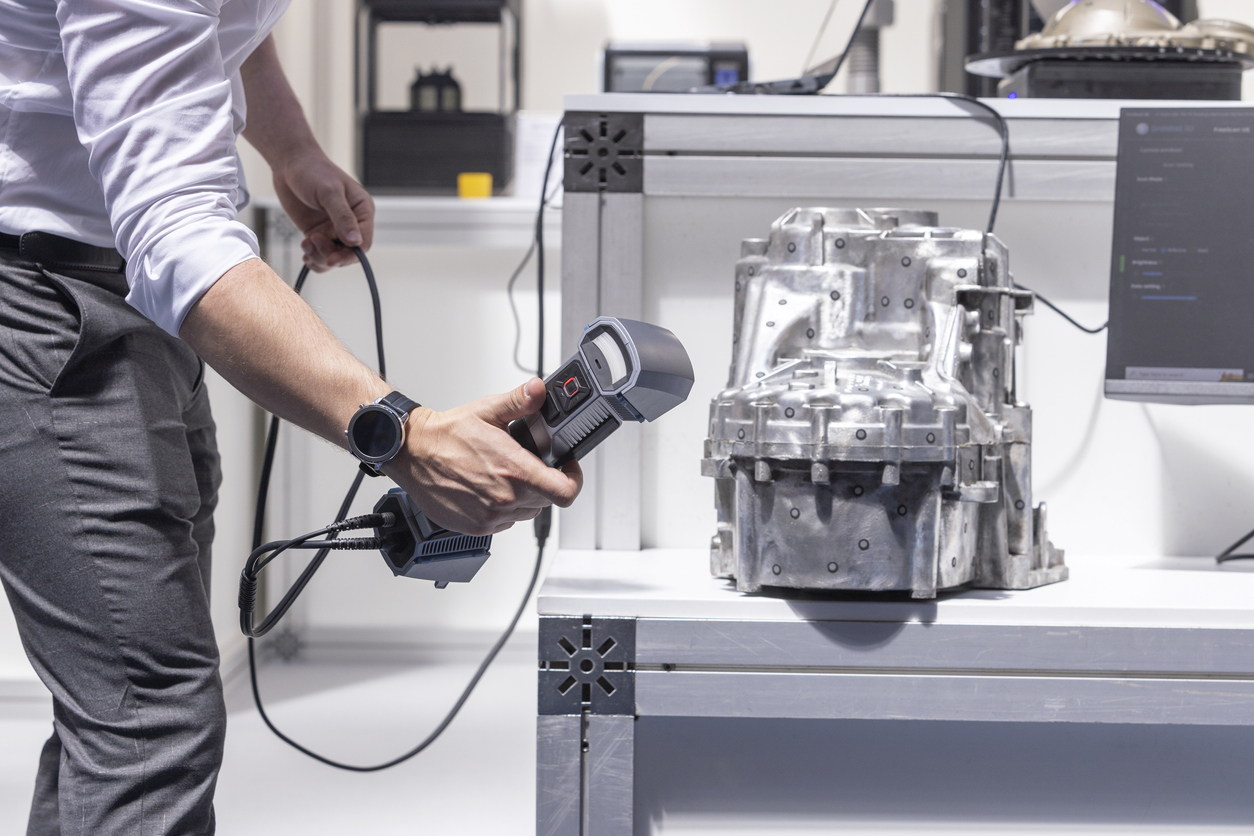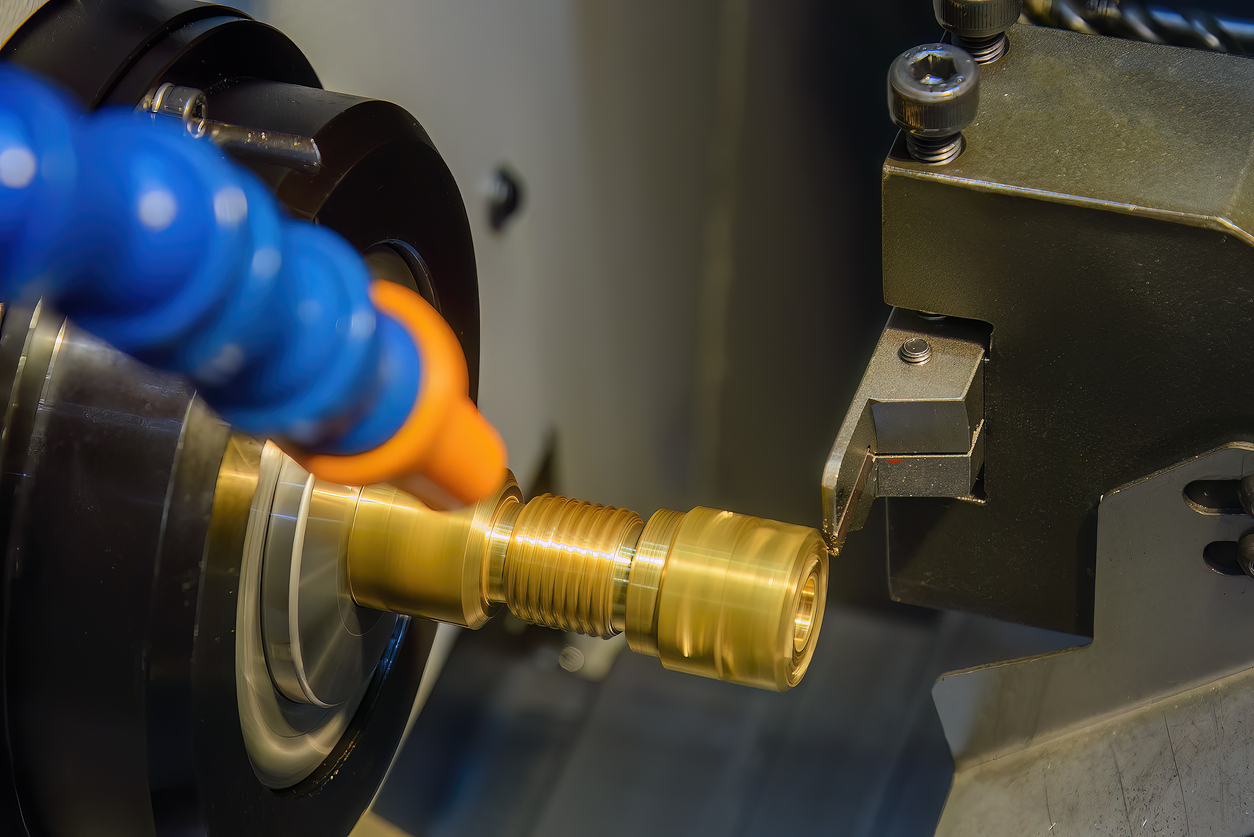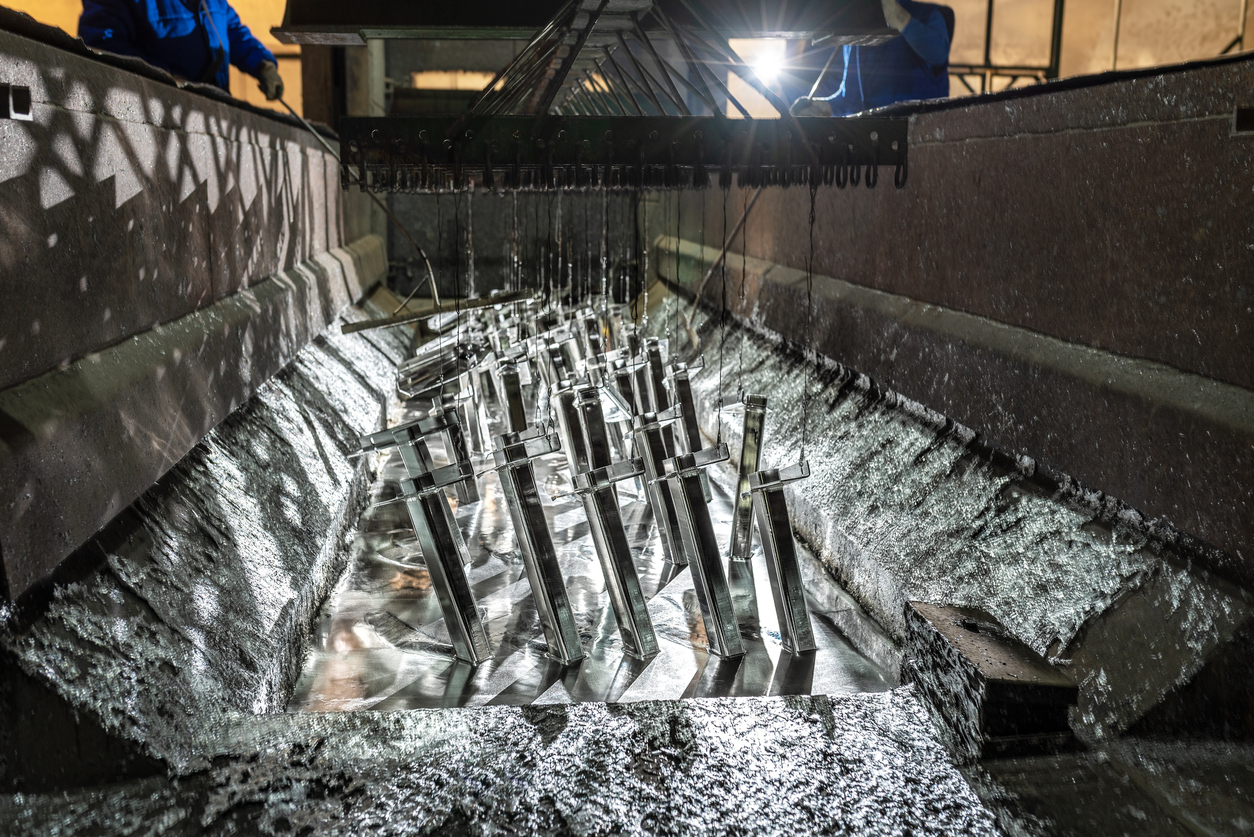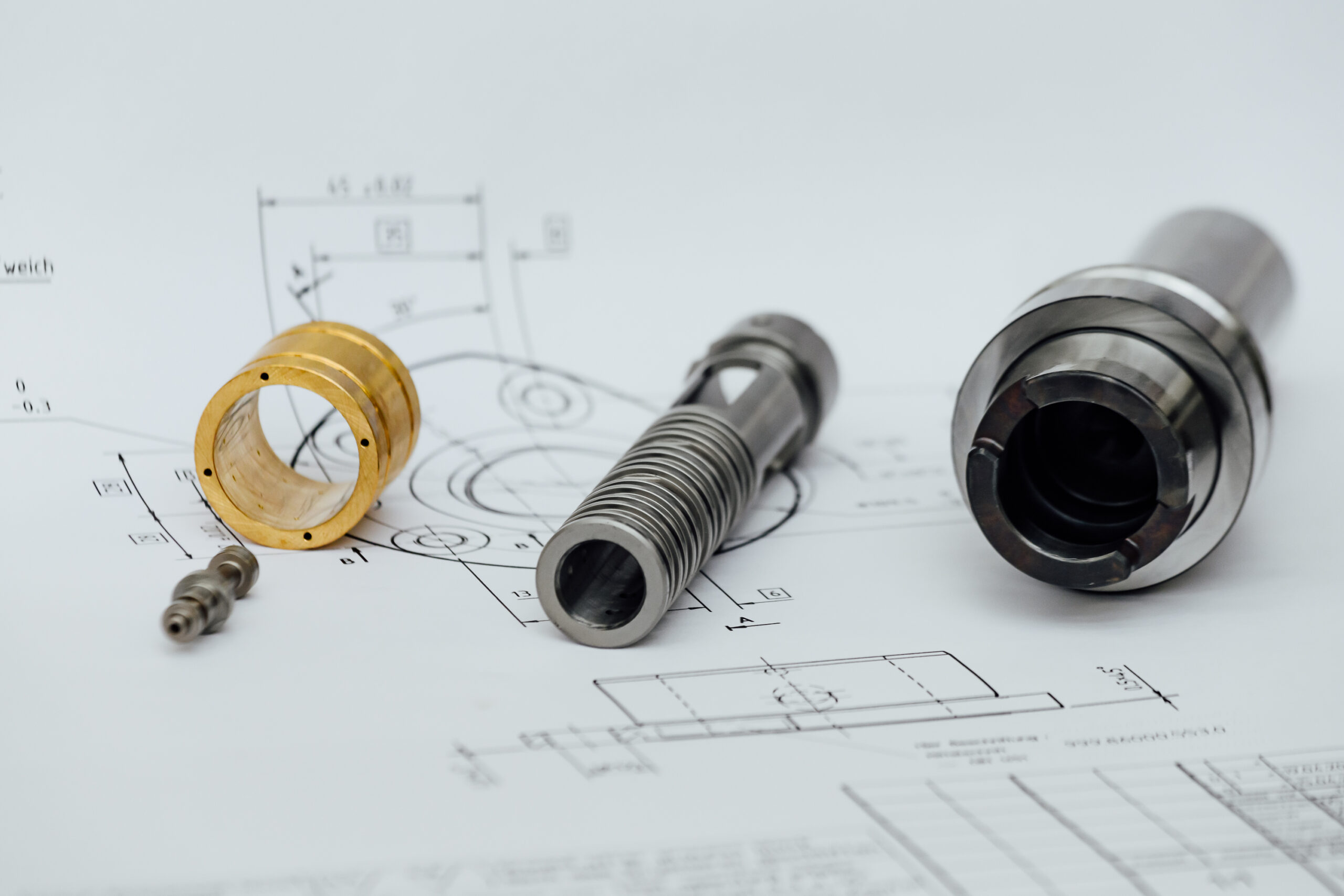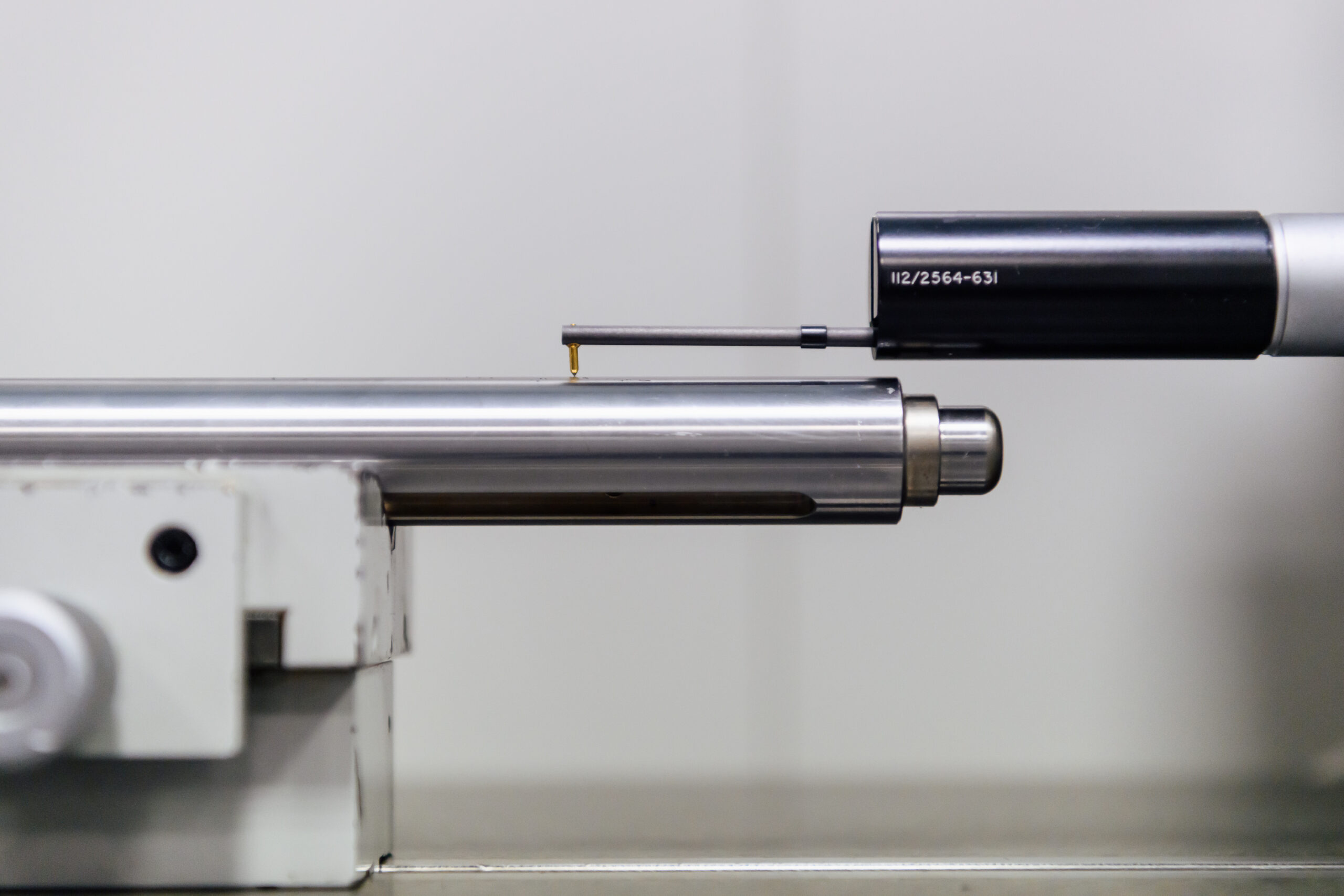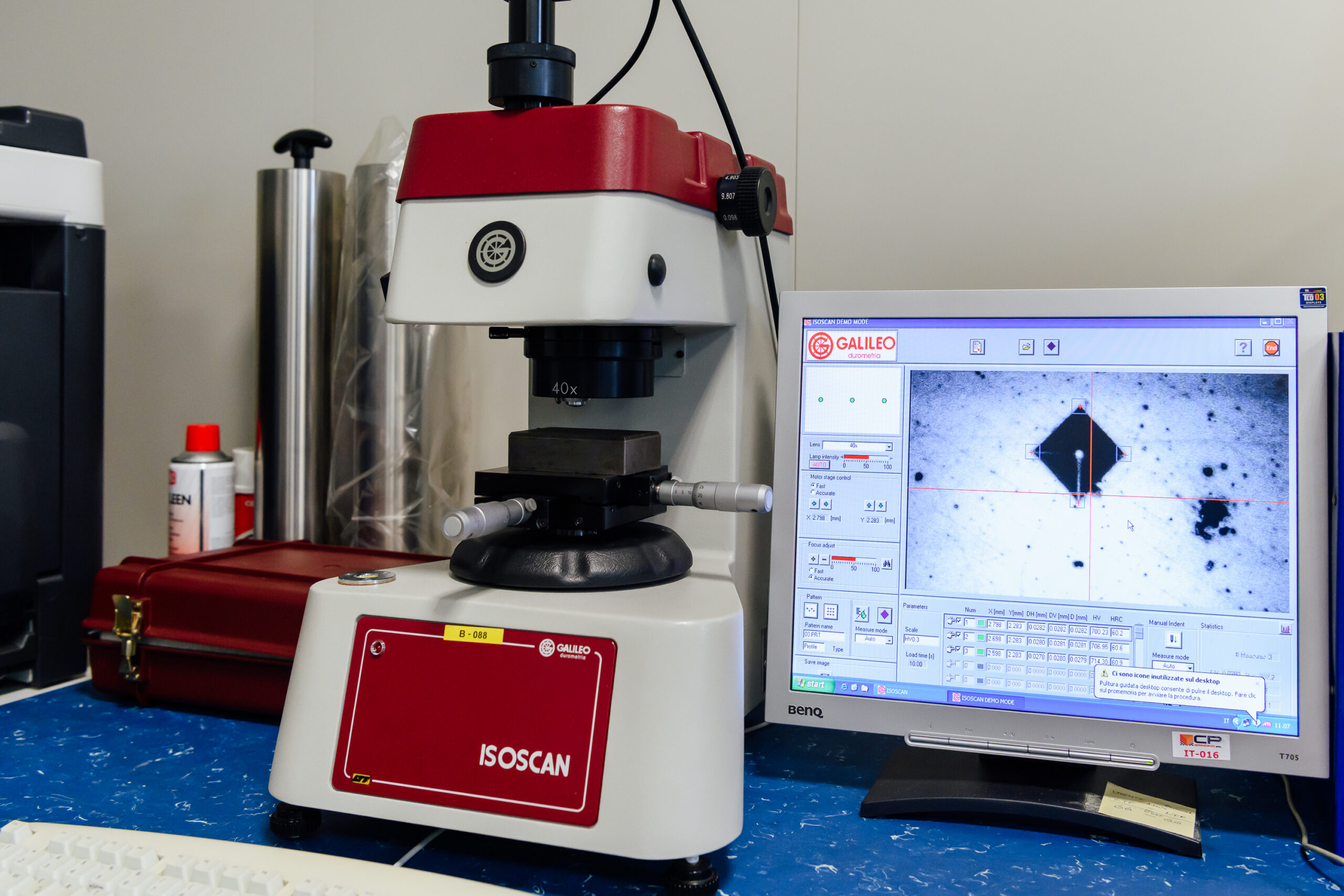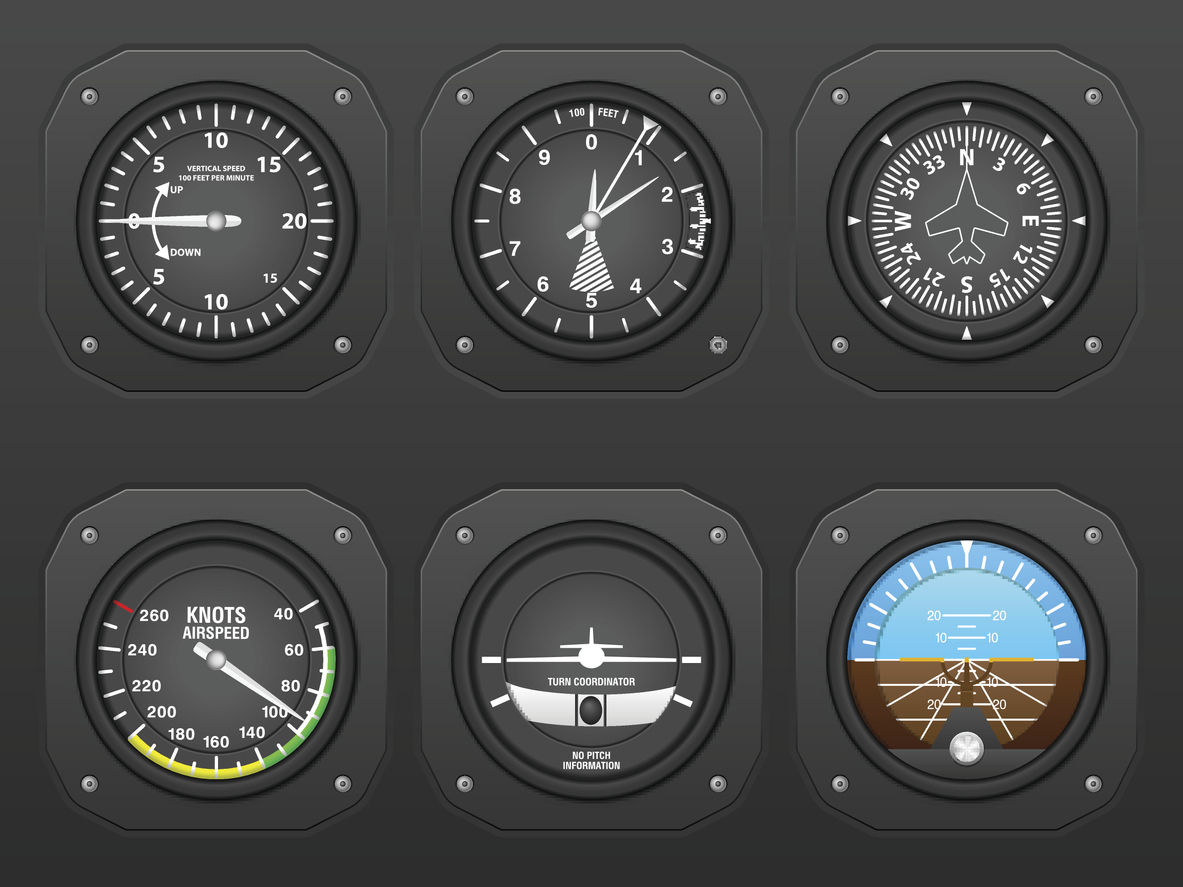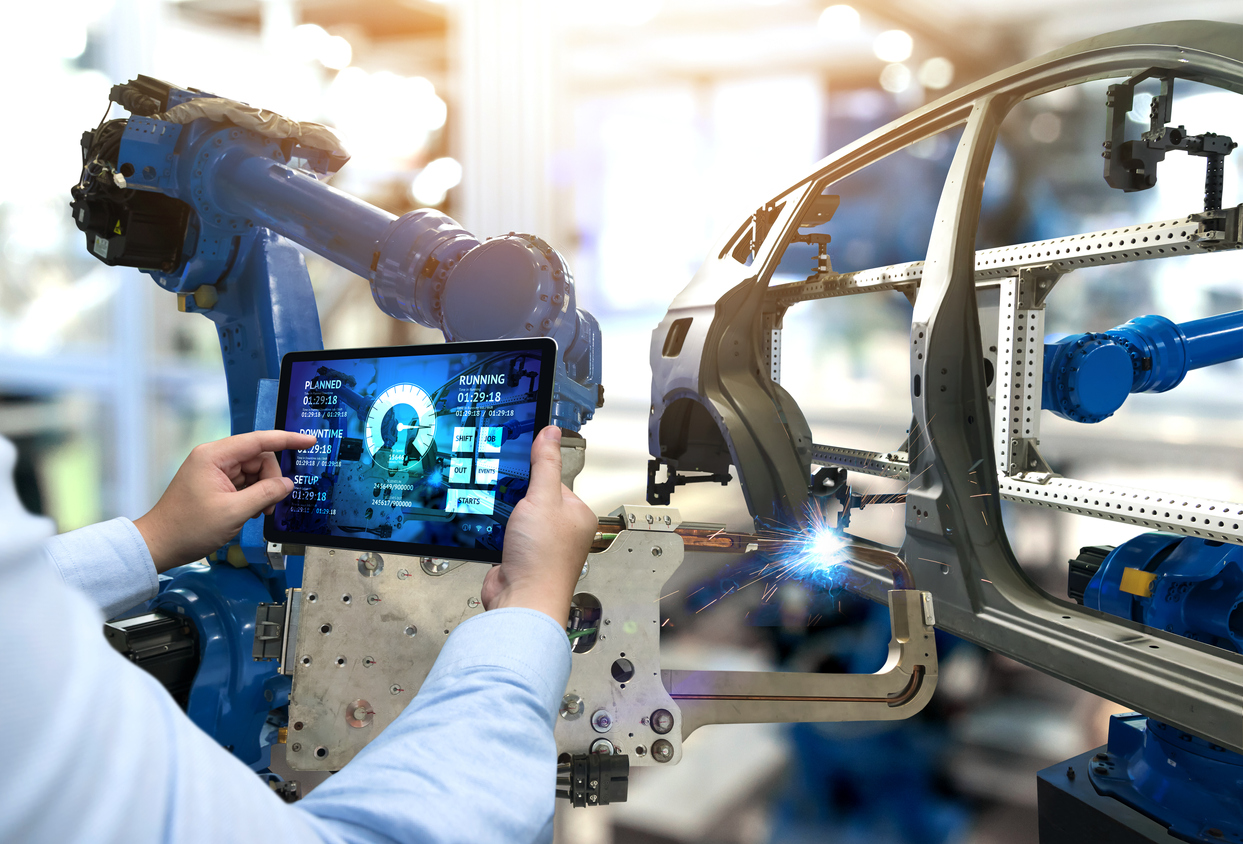Precision mechanics is a discipline where every fraction of a millimeter makes a difference. Creating high-precision components requires attention to detail and the use of advanced technologies to ensure quality.
Strategies for optimizing the threading process in precision mechanics: excellence and efficiency
Threading is a critical process in precision mechanics, where quality and accuracy are essential to ensure the reliable assembly and operation of components.
Advanced surface treatments for precision components: key to improving performance and longevity
In the world of precision mechanics, the quality of components is paramount. Even the slightest surface imperfection can compromise the operation of a device or machine. That’s why the application of advanced surface treatments has become a standard practice to enhance the performance and longevity of precision components.
The importance of surface treatments
Advanced surface treatments go beyond mere cosmetic finishing; they are designed to improve the physical and chemical properties of a component’s surface. These treatments can positively impact various characteristics, including:
- Wear resistance: components subjected to constant motion or mechanical stress require surfaces that are wear-resistant. Treatments such as carburizing or nitriding can make surfaces harder and more durable
- Corrosion resistance: in corrosive environments, such as the chemical or marine industry, it’s essential to protect components from corrosion. Coatings like chromium plating or anodization create a protective layer on the surface.
- Friction reduction: for high-precision applications, reducing friction is crucial. Treatments like diamond-like carbon (dlc) can significantly reduce friction, improving component efficiency.
- Adhesion and lubrication: in some cases, it’s necessary to enhance surface adhesion or lubrication. Specific treatments can be applied to ensure smooth operation.
Common advanced surface treatments
There are several techniques for advanced surface treatment used in precision mechanics. Some of the most common ones include:
- Carburizing: this technique increases surface hardness by immersing the component in a carbon-rich atmosphere at high temperatures. The result is a hard and wear-resistant surface.
- Nitriding: this process involves diffusing nitrogen into the component’s surface, increasing its hardness and wear resistance. It’s widely used in high-abrasion applications.
- Protective coatings: these include chromium plating, zinc plating, anodization, and many others. They create a protective layer on the surface to resist corrosion and wear.
- Thermochemical treatments: these treatments combine heat and chemical reactions to alter the surface composition, improving hardness and wear resistance.
- Thin film deposition: this technique applies a thin layer of material to the surface to enhance its properties. Dlc is a well-known example that offers low friction and high hardness.
Applications of advanced surface treatments
Advanced surface treatments are widely used in various industries, including the automotive, aerospace, energy, chemical, and more. They are employed to enhance component longevity, reduce wear, increase efficiency, and ensure the safe operation of precision machinery and devices.
In conclusion, advanced surface treatments are a crucial element in precision mechanics, contributing to the improvement of component longevity and performance. Choosing the right treatment and relying on a trusted partner like CpGrinding can make a difference in producing high-quality precision components.
The use of precision mechanics in the renewable energy sector: the future of energy efficiency
Renewable energy is revolutionizing the global energy landscape, offering a sustainable solution to the challenges posed by fossil fuels and climate change. In the midst of this transformation, precision mechanics has taken center stage, significantly contributing to the efficiency, longevity, and profitability of sustainable energy production technologies.
Threading in precision mechanics: types and applications
Threading is a fundamental process in precision mechanics that involves creating helical grooves on a surface, known as threads. These threads allow for the connection of mechanical parts using screws or bolts, creating a secure and stable grip. In precision mechanics, threading is crucial to ensure the accurate assembly of components and systems.
High-speed balancing techniques in precision mechanics: optimizing for reliable performance
In precision mechanics, high-speed balancing is a crucial aspect to ensure the proper functioning of machinery, rotors, and rotating components. High rotational speeds can generate vibrations, centrifugal forces, and asymmetric loads, which can adversely affect the performance, lifespan, and safety of moving systems.
Rotondimeters in precision mechanics: tools for angle measurement
Rotondimeters are instruments used in precision mechanics to accurately measure angles. Angles are crucial parameters in mechanical applications, such as machine alignment, equipment adjustment, component assembly, and design specification verification.
Durometers in precision mechanics: accurate measurement of material hardness
Durometers play a crucial role in precision mechanics for the accurate measurement of material hardness. In the production of high-precision mechanical components, it is essential to know the hardness of the materials used to ensure they meet quality standards and required design specifications.
Precision mechanics in altimeters: accurately measuring altitudes
Altimeters are essential instruments used to measure altitude, allowing pilots, climbers, and others engaged in various activities to have an accurate estimation of their vertical position. These reliable and precise instruments heavily rely on precision mechanics to provide accurate and consistent readings.
Applications of Precision Mechanics in automotive industry
Precision mechanics has revolutionized the automotive industry, enabling the design and manufacture of high-performance vehicles that deliver optimal performance, safety, and efficiency.

